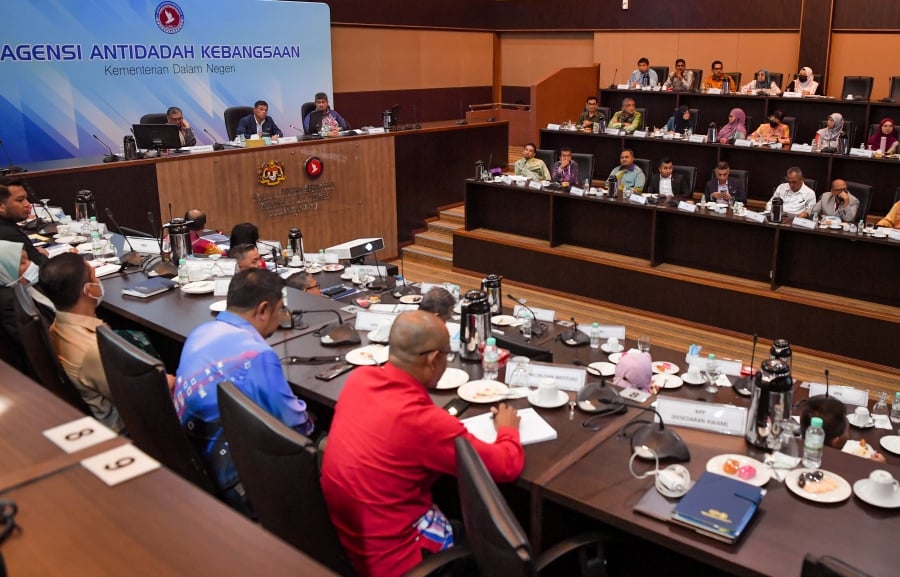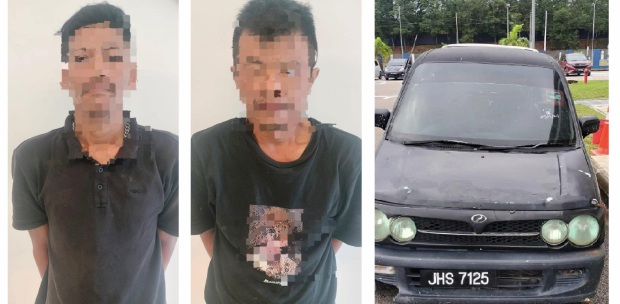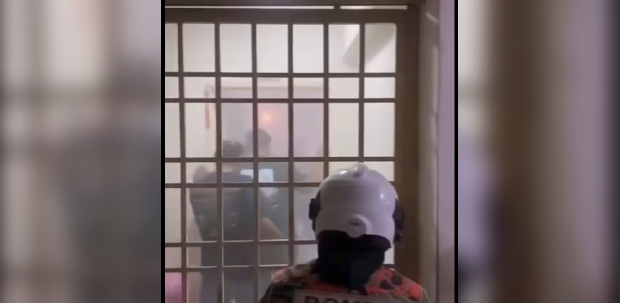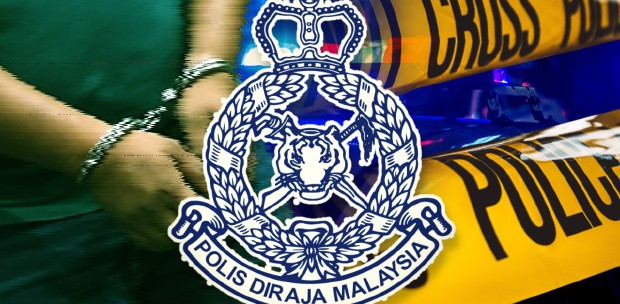KAJANG: The National Anti-Drug Agency (Nada) recorded a treatment success rate of 70 per cent last year, with only 30 per cent of addicts experiencing a relapse.
Nada has since been given a new challenge, which is to boost its success rate to 75 per cent this year.
Home Minister Datuk Seri Saifuddin Nasution Ismail said Nada's success rate exceeded the global benchmark.
"Last year, on average, 70 out of 100 people who were part of the Nada rehabilitation programme managed to quit drugs after they returned to the community.
L
"The international benchmark is between 35 and 50 per cent for such programmes. Nada was at 70 per cent last year.
As such, I have told them to increase the success rate to 75 per cent this year, which I think is a realistic and attainable target based on the effectiveness of the Nada rehabilitation programme," he told the press following his first visit to the Nada headquarters here today.
A total of 17,151 individuals underwent Nada's rehabilitation programme between January and November in 2022.
From the total, 12,212 made a full recovery, based on the cure, care, recovery index set by the agency.
Also present during the visit was Saifuddin's deputy Datuk Seri Shamsul Anuar Nasarah and Nada director-general Sutekno Ahmad Belon.
Sutekno told the New Straits Times that the agency is confident that the 75 per cent target could be achieved as they had strengthened the rehabilitation programme syllabus last year.
"There are two parts two our rehabilitation programme. One group is in the community, or 'outpatient while another group undergoes the programme at our centres.
"We had upgraded our programmes, update our syllabus and improved our staff competency last year via several measures such as introducing internal skill certificates.
"I believe we can achieve the target after these improvements," he said.
Sutekno stressed that family and community support play a big role in ensuring that addicts do not relapse.
"The success rate does not only depend on our rehabilitation programme, family and community acceptance are equally important.
"If they (the addicts) are well supported from the day they return to the community, there is a good chance they will not relapse.
"So accept them with open arms. Do not condemn and isolate them, treat them like regular people," he said.






